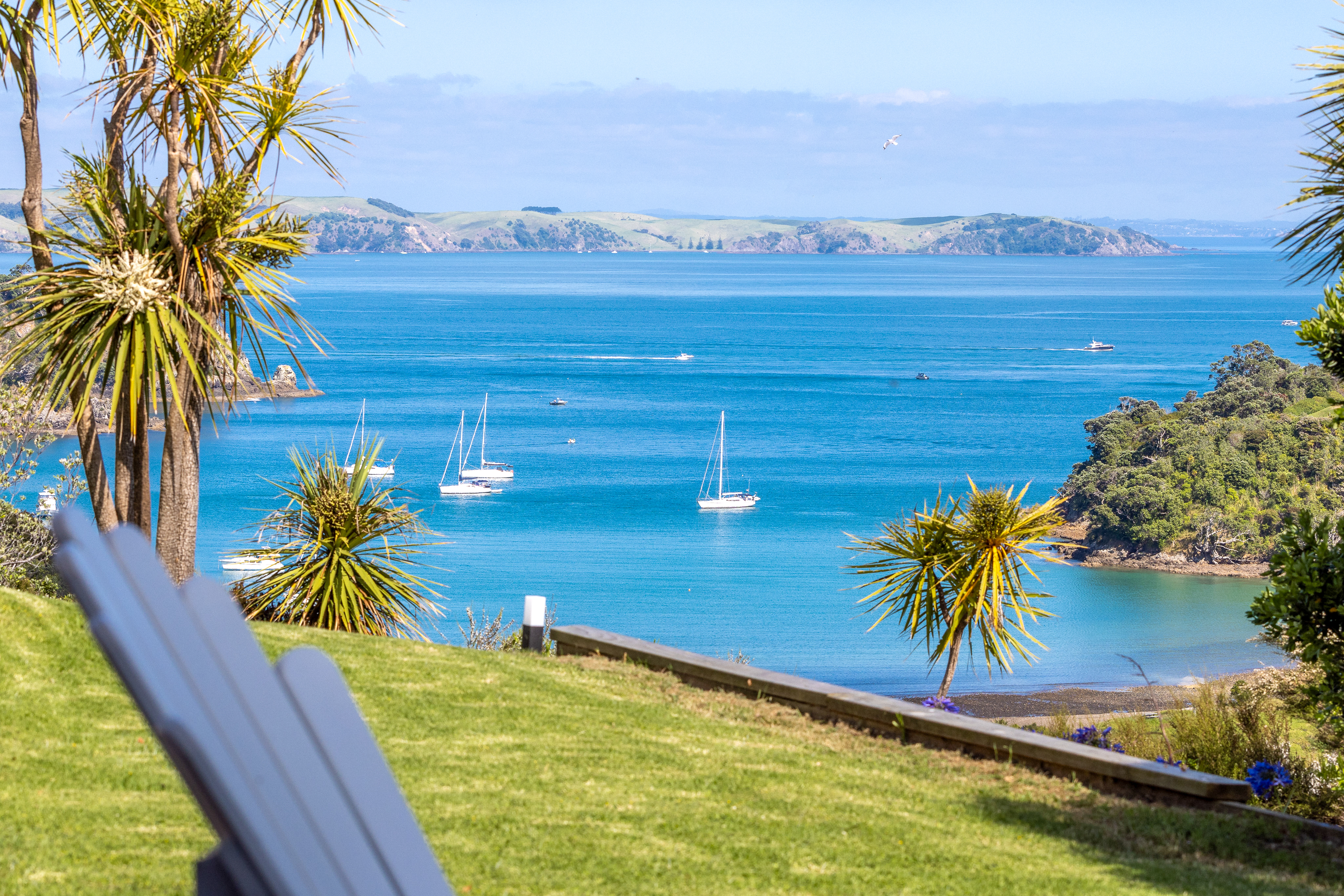There’s a short list of agents who sell prime real estate in New Zealand. They mingle with the country’s elite, and are often indistinguishable from their clients, enjoying the same pursuits, wearing the same style of clothing and driving the same luxury cars.
They are the ultimate middlemen and middlewomen. They know just what to say and who to say it to, and without them, deals fall apart and expensive houses lie unsold or fail to reach their full market potential.
They’ll keep in contact with clients they’ve previously housed, sometimes decades back, just in case there’s an itch to move. They know the number of luxury homes in New Zealand is relatively small compared to the rest of the market, and that for their clients, there is a small window of opportunity to get the better house or better location. More often than not, the job is about anticipating needs.
Mark Harris, managing director of New Zealand Sotheby's International Realty, says discretion is important for many of his vendors. “Quite often people in that category don't want to make a big fuss. They want a discreet, private approach,” he says.
Start your property search
Many of the deals Harris’ agents broker are under the radar, with buyers found through personal contacts or the company’s database of local and international prospects.
Ray White principal Heather Walton, who sells prestige homes in Auckland and in the wealthy beach enclave of Omaha, to the north of the city, says top-end clients need agents who are connected.
“You become the one they go to because they know you’ve got the connections, you’ve got the database,” she says.
"You’ve got to walk amongst them. You can’t be an outsider.”
What wealthy buyers want
Walton says her son’s 13 years at Kings’ prep and King’s College has made her all sorts of connections, which she cultivates by giving back to the school through sponsorship of things like the rugby teams. “Giving back helps bring people together. People know me as Harrison’s mum,” she said.
Precision agent Di Balich, who also sells in Omaha, agrees that relationships are important. “Buyers approach me to go in my black book when certain properties come up, while with sellers it’s more about relationships. I’ve dealt with them before, they’ll come back to me,” she says.
“Often the really big deals have non-disclosure clauses from buyers and sellers so you can’t even talk about them.”
Discretion is important, especially when a listing is the result of a relationship split. Divorce is an awkward issue, regardless of how much money is in a client’s bank account, (although access to top lawyers can stymie the process).
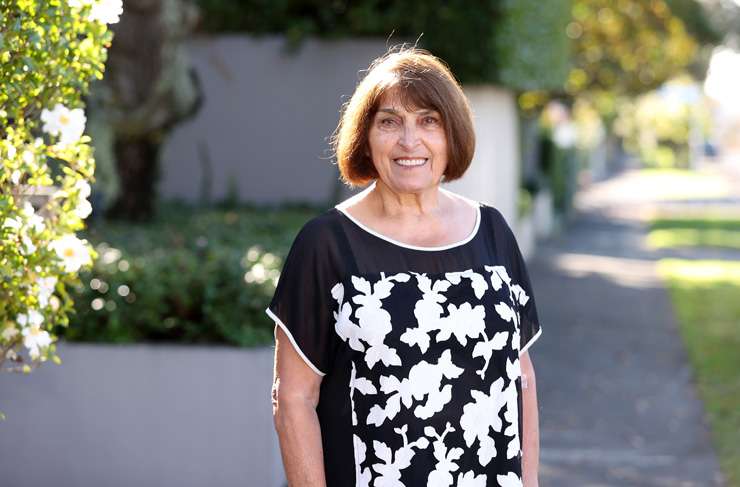
Barfoot & Thompson agent Leila MacDonald: “Sometimes you might not have a house on a particular street and then all of a sudden, a whole lot come on.” Photo / Fiona Goodall
“You’ve got to be very clear in your communication to both parties and make sure that you understand what the rules are in terms of the dynamic between the couple,” Harris says. “If it's a nasty divorce, it can get complicated. But we've been doing this a long time, and we've seen most situations, so we know how to handle these matters.”
Barfoot & Thompson agent Leila MacDonald, who has been selling in Auckland’s blue chip Remuera for decades, says that while some clients would like to sell on the quiet, in reality only 1% to 2% of her deals are done off-market.
“You’ve got to open up to the most people so that vendors will get the best price. The more people who know the better,” she says.
MacDonald is not averse to knocking on the doors of “once-in-a-lifetime” houses that would-be buyers whisper they would like - “I know who they are anyway”.
She also knows what her clients are looking for in a home. “I’ve got a property coming up in the $8m to $12m range, and there are already two people who want it,” she says.
“Sometimes you might not have a house on a particular street and then all of a sudden, a whole lot come on.”
Timing is everything
Bayleys Takapuna agent Victoria Bidwell, who sells to the top end on Auckland’s North Shore, says that in many ways wealthy buyers are like most people in the market. “All buyers have certain budgets that they don't want to go over. And all buyers have the same set of emotions. It's just the same thing on a different scale. You just write bigger numbers on the sale and purchase agreement,” she says.
However, she adds: “Everyone thinks it’s all about money, but it’s not. It's about finding the right property. [Buyers] are usually quite comfortable where they are already, so it's about being able to satisfy a particular desire they've got. That could be space around them, views, waterfront, privacy.”
Like price, the décor or condition of the property isn’t critical either. “I've sold a house for $10m, which was immediately knocked down because the opportunity to buy there on that piece of land wasn't going to come around again in a hurry.”
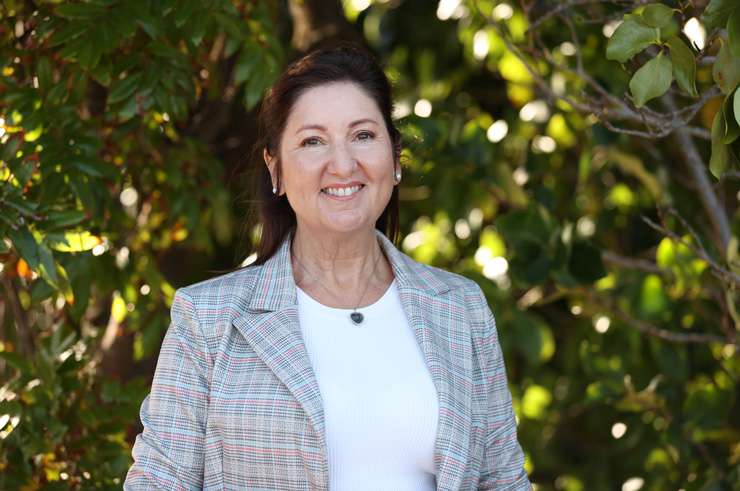
Bayleys agent Victoria Bidwell: “Everyone thinks it’s all about money, but it’s not.” Photo / Fiona Goodall
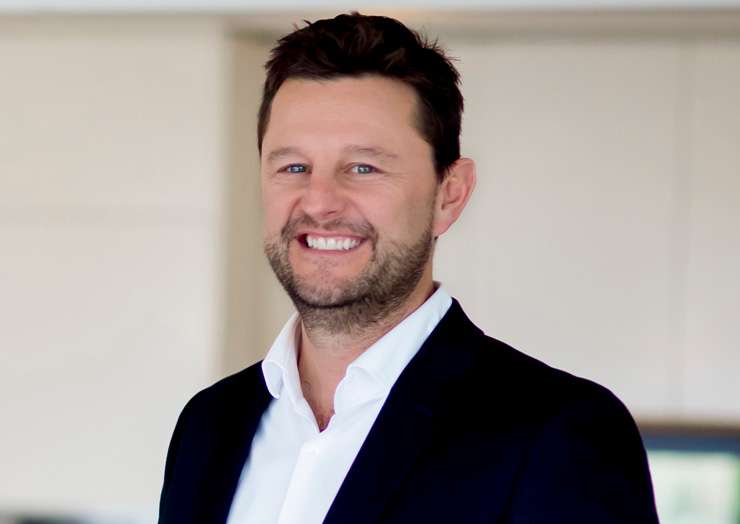
NZ Sotheby's International Realty managing director Mark Harris. “We look at every attribute and feature of the property.” Photo / Supplied
Like many agents operating at the top end of the market, Auckland-based Ross Tierney has a strong overseas network and he will often pitch properties to international buyers. “We work with a publishing house based in Sydney that has lots of access to real estate magazines in Asia, Singapore Hong Kong, America and the UK,” says the Ray White Parnell agent.
“Looking outside the local market is going to become more crucial. We’re in a changing market and it may not be as easy to get those very high sale prices.”
Tierney says it pays not to rush at the top of the market. “A longer timeframe gives us the opportunity to advertise.”
Bidwell agrees that timing is important. “A vendor could say, ‘We want to sell in March of next year’, but there simply might not be a buyer there in that price range in March. Often vendors start talking to us quite early in the process.”
It’s definitely not the same as listing a three-bedroom home in Glenfield, Lower Hutt or Riccarton, and auctioning it three weeks later. “You're going to find the buyer in the $3m range over a month-long campaign, but you're not necessarily going to find a $10m buyer in that timeframe,” says Bidwell.
Harris says in Queenstown it can really pay to wait. “In Queenstown you might say, ‘Well, let's wait until June or July until the ski season’,” he says.
"We look at every attribute and feature of the property. How much land does it have? Which way does it face? Does it have road frontage and street appeal? Sunshine? How was it renovated? Who was the architect? Who did the work? What era is the home? What's the story behind it? We look at the points of difference there as well.
“As a team we discuss the market, and the market timing, which is very important. But the most important timing is the family and the circumstances of when it suits them to kick off the campaign.”
Personalised service
Many luxury homes look perfectly staged 24/7, 365 days a year. More often than not the owners already have beautiful artwork hung strategically in the home, says Harris. “So, it's just a matter of getting the property as clean as possible and decluttering.”
Owning a $10m-plus property is no absolute guarantee of good taste, however, and like with any home furnishings can age along with the owners or simply not meet current trends. Sometimes a property will need upgrading or fixing, says Harris. “It's worth doing before you take a property like that to market. You want to give it the absolute best shot for the campaign.”
All high-end agents will have staging consultants and interior designers to hand when needed. Suggesting their use requires a level of discretion, says Harris. "People generally love their homes and we’re very careful about how we do things.”
Agents virtually never hold open homes for luxury properties. It’s strictly private viewing only. Sometimes if it’s an overseas buyer Bidwell will pick them up and drive them around properties. She has been known to let a rental property short term to buyers coming in from overseas.
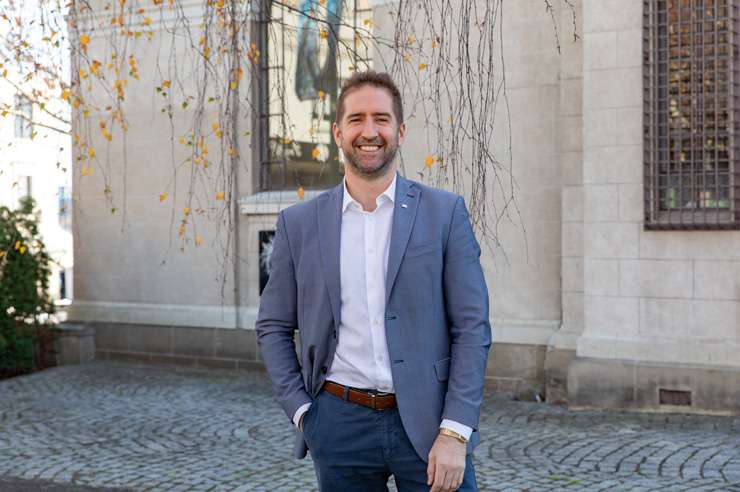
Ray White Parnell agent Ross Tierney: "“Looking outside the local market is going to become more crucial." Photo / Supplied
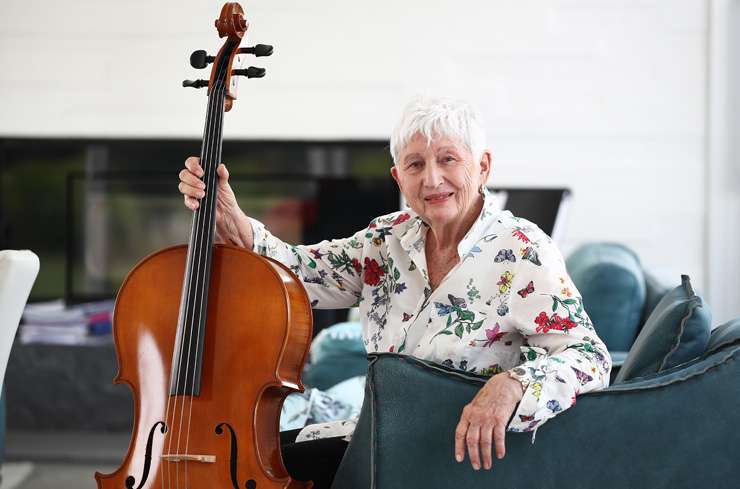
Precision agent Di Balich: “Buyers approach me to go in my black book when certain properties come up.”
In many cases, the buyer is looking for a New Zealand base or a second home. In Queenstown, for example, many of the luxury properties that hit the market are bought as second homes, says Harris. And Bidwell’s clients often have other homes in places like Hong Kong and France. “Initially, when I take people to a couple of houses, I get a feel of what kind of pushes their buttons, what they like,” she says. That personalised service can often lead to a sale.
Once a property is ready for sale and on the market, agents get ready to negotiate. “At this end of the market you don’t chuck a for-sale sign up and call an auction in three weeks,” Tierney says.
“Good old-fashioned negotiation has become increasingly rare over the last 10 years.”
The listing agent isn’t always the person who brings in the buyer. Most agencies are big machines, and agents from across the network will also market other agent’s listings to their clients. Competing agencies may bring in a buyer in order to get a share of the commission. Tierney says his high-end sales are all open book.
Likewise, Bidwell welcomes all agents and will share commission. Sometimes, she says buyers might have personal or family relationships with agents in other parts of the city. “Most top-end agents do what I do. I hold the key to my property; I attend every single appointment. My colleague will ring me, and we will come over with the buyer. But I'm still there representing the vendor and giving them all the information about the property.”
- Additional reporting by Catherine Smith























































